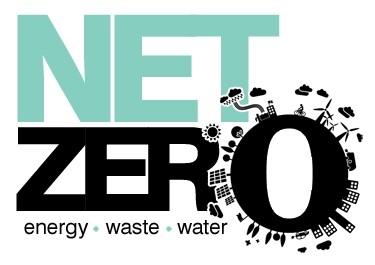Leading the Conversation about Sustainability
Published April 21, 2016
What if you could leave behind zero waste, produce as much energy as you use, and conserve water? Under the Net Zero Initiative, EPA is pursuing these goals in an effort to improve the environment, save money, and help local communities become more sustainable.

The initiative began in 2011 when EPA started working with the U.S. Army to help advance the Army’s goals of net zero water, waste, and energy on military bases. This collaboration has not only benefited the Army, but has given EPA scientists the opportunity to apply their innovative research and technologies to the real world and form productive and lasting relationships with communities. If successful, these net zero practices can be used at other military and civilian communities across America that are working toward net zero goals. Successful research can also be used to inform decisions made by communities as well as state, local, and federal governments.
Since 2011, the Net Zero program has greatly expanded its portfolio with the support of federal, academic, and private industry partners. There are 14 projects, either currently in progress or recently completed, addressing the sustainability needs of military communities all across the country. The program has also recently expanded its focus to include projects in non-military communities as well. Science Matters plans to spotlight some of these projects, including efforts made to keep food out of landfills and to monitor green infrastructure technology. Learn some of the key Net Zero terms, below, and keep an eye on Science Matters for future posts.
A Closer Look at Net Zero Concepts:
Net Zero
- Achieving Net Zero Water means reducing the amount of water you use and returning clean water back to the watershed. This process ensures that the quantity and quality of the water is maintained.
- Achieving Net Zero Energy means producing as much energy as you use. This energy is produced on site and should be from renewable resources. Achieving Net Positive Energy means producing more energy than you use.
- Achieving Net Zero Waste means reducing the amount of waste you produce. The waste you do produce is reused or converted into valuable resources instead of being sent to landfills.
Other articles in this Net Zero series:
- America's Food Waste Problem
- Leaving the Gray Behind: Green Infrastructure at Fort Riley
- Universities Lend a Hand with Sustainability
Learn More:
